
S TUDIES IN C LASSICS
D IRK O BBINK & A NDREW D YCK , General Editors
S INGULAR D EDICATIONS
Founders and Innovators of Private Cults in
Classical Greece
Andrea Purvis
E MPEDOCLES
An Interpretation
Simon Trepanier
F OR S ALVATIONS S AKE
Provincial Loyalty, Personal Religion, and
Epigraphic Production in the Roman and Late
Antique Near East
Jason Moralee
A PHRODITE AND E ROS
The Development of Greek Erotic Mythology
Barbara Breitenberger
A L INGUISTIC C OMMENTARY ON L IVIUS
A NDRONICUS
Ivy Livingston
A RISTOXENUS OF T ARENTUM AND THE B IRTH
OF M USICOLOGY
Sophie Gibson

Published in 2005 by
Routledge
270 Madison Avenue
New York, NY 10016
www.routledge-ny.com
Published in Great Britain by
Routledge
2 Park Square
Milton Park, Abingdon
Oxon OX14 4RN
www.routledge.co.uk
Copyright 2005 by Taylor & Francis Group, a Division of T&F Informa.
Routledge is an imprint of the Taylor & Francis Group.
All rights reserved. No part of this book may be reprinted or reproduced or utilized in any form or by any electronic, mechanical, or other means, now known or hereafter invented, including photocopying and recording, or in any information storage or retrieval system, without permission in writing from the publishers.
10 9 8 7 6 5 4 3
Library of Congress Cataloging-in-Publication Data
Gibson, Sophie.
Aristoxenus of Tarentum and the birth of musicology / by Sophie Gibson.
p. cm. (Studies in classics ; v. 9)
Includes bibliographical references and index.
ISBN 0-415-97061-X (alk. paper)
eISBN 978-1-135-87746-0
1. Aristoxenus. 2. Music, Greek and RomanHistory and criticismEarly works to 1800. 3. Music theoryHistoryTo 500. I. Title. II. Series: Studies in classics (Routledge (Firm)) ; v. 9.
ML169.G53 2004
781.092dc22
ISBN: 0-415-97061-X
2004019687
Studies in Classics aims to bring high-quality work by emerging scholars to the attention of a wider audience. Emphasizing the study of classical literature and history these volumes contribute to the theoretical understanding of human culture and society over time. This series will offer an array of approaches to the study of Greek and Latin (including medieval and Neolatin), authors and their reception, canons, transmission of texts, ideas, religion, history of scholarship, narrative, and the nature of evidence.
While the focus is on Mediterranean cultures of the Greco-Roman era, perspectives from other areas, cultural backgrounds, and eras are to be included as important means to the reconstruction of fragmentary evidence and the exploration of models. The series will reflect upon the role classical studies has played in humanistic endeavors from antiquity to the present, and explore select ways in which the discipline can bring both traditional scholarly tools and the experience of modernity to bear on questions and texts of enduring importance.
Dirk Obbink, Oxford University
Andrew Dyck, The University of California, Los Angeles
This book was originally written as a D. Phil, thesis submitted to the Faculty of Literae Humaniores at Oxford University in 2002. Many people have contributed to it, and I am very grateful to them for their help. My greatest debt is to my supervisor, Dr Martin West of All Souls College, who corrected my many errors and discreetly but firmly guided my research and thinking throughout the degree. At his door much of the academic merit of this work is to be laid. Dr Matthew Leigh, my advisor at St Annes College, has been a source of great encouragement and assistance since I arrived in the United Kingdom in 1998. Professor Robert Wallace of Northwestern University very kindly read and made detailed comments on a couple of the early chapters. The thesis examiners, Professor Dirk Obbink of Christ Church College, Oxford, and Professor Andrew Barker of the University of Birmingham, were careful and thorough in their assessment of the thesis and made many constructive recommendations for its revision. Professor Barker was also very generous with additional advice and encouragement while I was preparing the thesis for publication. He has been particularly kind in reading again the final chapter and making many suggestions for its further improvement.
Margaret and John Balla lent their enthusiastic financial and personal support throughout a degree which I would otherwise have been unable to undertake. Finally, Dr Adrian Kelly was reassuring and patient while I researched, wrote and revised the thesis, and diligently read my work more times than spousal duty actually demanded.
I am grateful to the Istituto Poligrafico e Zecca dello Stato, Rome for permission to reproduce many extracts from Rosetta da Rios, Aristoxeni Elementa Harmonica (1954). The extracts from Andrew Barker, Greek Musical Writings Vols. 1 and 2, Cambridge (1984 and 1989) are reprinted with the permission of Cambridge University Press.
That music was an important part of Greek life is undeniable. There is ample evidence, both literary and archaeological, which has come through to us from antiquity demonstrating the pervasiveness of practical music making. Similarly, there survives considerable philosophical discussion by the Greeks about what music meant to them, relating not only to the definition of its ideal role in society but also to the definition of musics essential elements and how they are organised. The theoretical discussion of music naturally occurred in the context of other Greek philosophical enquiry and was influenced by it.
Aristoxenus of Tarentum took part in this discussion on all levels, but most importantly in the context of music theory. His contribution was to turn musical sciencealmost single-handedlyfrom an exploration of the relationships of numbers into an investigation of the way in which sound could be arranged and understood as music. His vindictive nature was infamous, yet his musical knowledge was so extensive and his authority on the subject so unchallenged in antiquity that he earned the title  . This reputation was justly founded both on the breadth of his musical research and on the depth of his investigations into harmonics and other specific areas.
. This reputation was justly founded both on the breadth of his musical research and on the depth of his investigations into harmonics and other specific areas.
The major evidence for Aristoxenus as a philosopher and musician is obviously his Harmonics. The treatise itself, as well as its permutations and influence in later antiquity, establishes his dominance in this field. Nevertheless there are other sources which, while confirming some elements of his harmonic methodology, demonstrate aspects of the authors scholarship and intellectual interests which are not evident in that treatise. In addition to the theoretical side of musicology, Aristoxenus general musical competence is seen in the evidence for an extensive range of writingsonly surviving in fragmentsin other musical areas: organology, dance, melody, tragedy, education and history. From these fragments we can see that his main extant work, the Harmonics, does not give the full picture of his approach to the subject of music.
Considerable evidence also exists for his works on other subjects, such as biography, education, law, and in particular, Aristoxenus extensive writings on the Pythagoreans and Pythagoreanism. Nevertheless, despite his broader philosophical interests, he is comparatively rarely cited in contexts completely independent from music, and by several authors he is mentioned as the typical example of a musician. Indeed, his reputation rests almost entirely upon his musical writings and he is cited most often from these works.
Next page
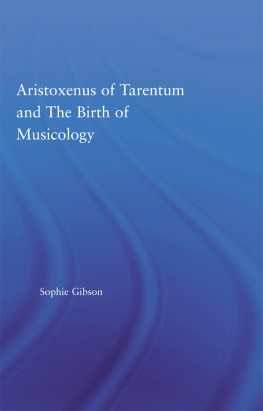
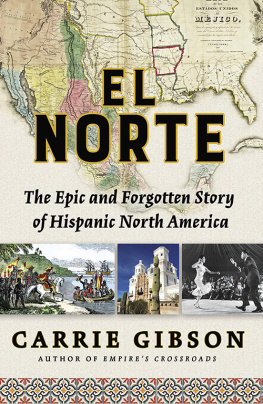

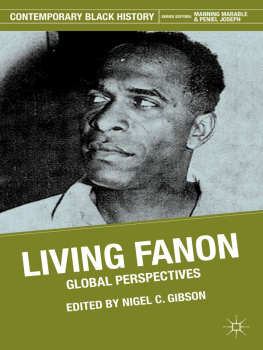



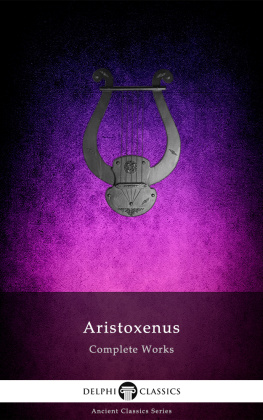
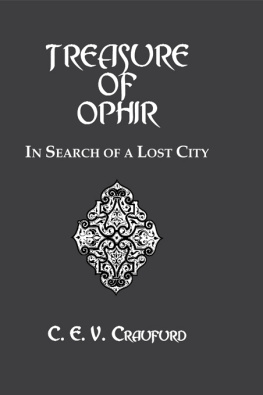
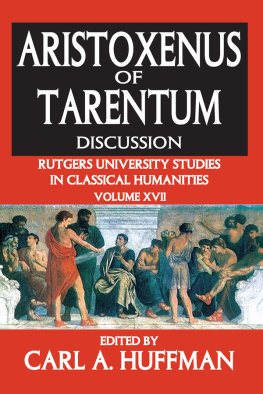
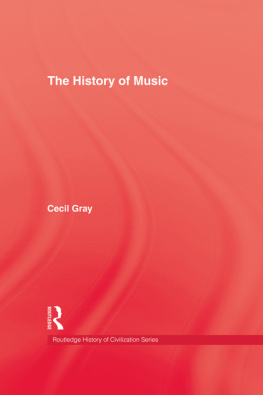
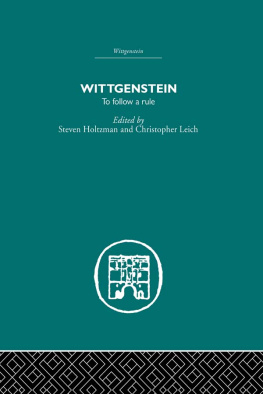



 . This reputation was justly founded both on the breadth of his musical research and on the depth of his investigations into harmonics and other specific areas.
. This reputation was justly founded both on the breadth of his musical research and on the depth of his investigations into harmonics and other specific areas.